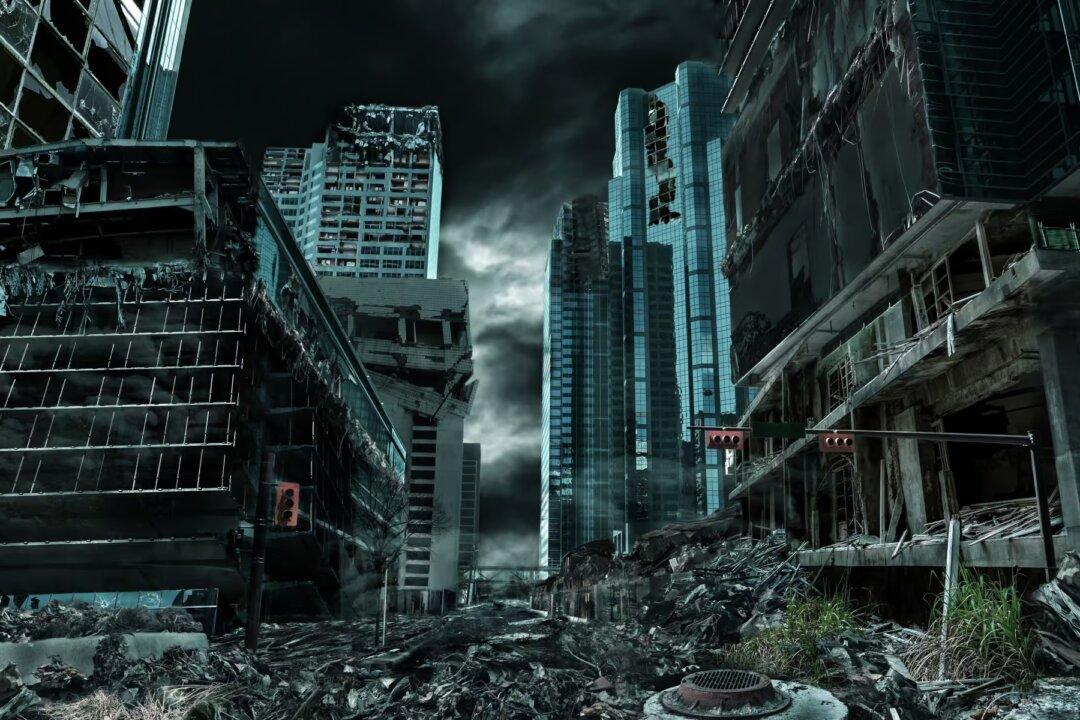Commentary
In the course of almost four years, and really dating back a decade and a half, I’ve managed to read most of the writings of the intellectuals, titans of industry, and government officials who constructed the strange reality of 2020 and after.





